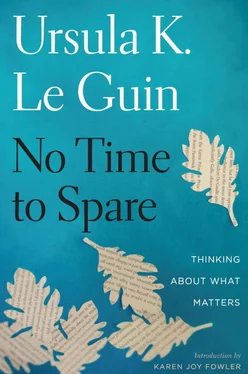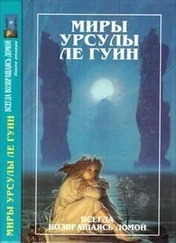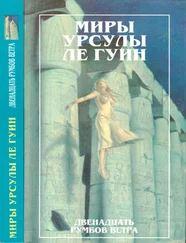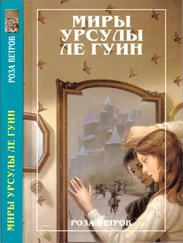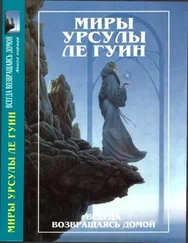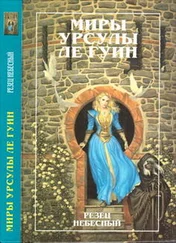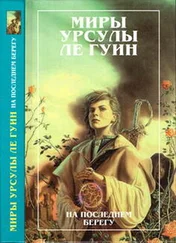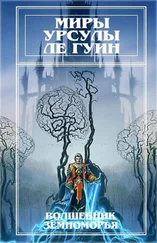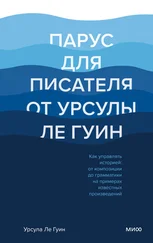That morning, when it stopped raining for a while, she had gone up the long, steep driveway with the women to the horse barn and riding ring. They played with pretty Icelandic Perla, and Hank, who stands a stalwart ten hands high and is convinced of his authority as the only horse (as opposed to mare) on the premises. Leila sat in the saddle in front of Aunty Cawoline on Melody, the kind, wise, old cutting horse, and very much enjoyed her riding lesson. When Mel picked up her pace, Leila bounced up and down, up and down, and softly sang “Twot! Twot! Twot! Twot!” round and round the ring.
So then, that afternoon, indoors, at some point among the various conversations, somebody said it would be dark before you knew it. And somebody else said, “Pretty soon we’d better go up and feed the horses.”
Leila took this in. Her eyes grew a little brighter. She turned to her mother and asked in a small hopeful voice, “Are the horsies upstairs?”
Her mother gently explained that the horsies were not up in the loft but up in the pasture at the top of the hill. Leila nodded, a little disappointed perhaps, but acceptant.
And I carried her question away with me to smile over and to ponder.
It was both charming and logical. In Toronto, in the limited world of a two-year-old, when somebody talked of going “up,” it would almost always mean “upstairs.”
And to Leila the log-walled house, which is very tall though not really very large, must have seemed immense, labyrinthine, unpredictable, with its doors and staircases and basement and loft and porch, everything unexpected, so that you enter the back door at ground level, walk through the house, and go down a long flight of steps to get to ground level… Leila had probably been up the loft stairs to the bedroom only once, if at all.
Anything could be up those stairs. Melody, Perla, and Hank could be there. Santa Claus could be there. God could be there.
How does a child arrange a vast world that is always turning out new stuff? She does it the best she can, and doesn’t bother with what she can’t until she has to. That is my Theory of Child Development.
I wrote a short story once, all of which was true, about going to a conference on the Northern California coast among the redwoods and having not the faintest idea I’d ever seen the place, the cabins, the creek, before—until I was told, and realized it was true, that I’d lived there for two intense weeks of two summers—that this very place was Timbertall, the summer camp my friends and I went to when we were thirteen and fourteen.
At that age, absolutely all I had noticed enough to remember about the location of Timbertall was that we all got on a bus and rode north for hours and hours talking the whole way, and got off, and were there. Wherever there was. There was where we were. With the creek, and the cabins, the huge stumps, the high dark trees, and us, still talking, and the horses.
Oh, yes, there were horsies up there too. That’s why we were there. That was what mattered, at that age.
I was a kid who, thanks to a wooden jigsaw puzzle of the U.S.A., had the states fairly well located, and had been taught enough geography to acquire some notion of continents and nations. And I knew the redwood country was north of Berkeley, because my parents had driven with me and my brother up that coast when I was nine, and my father was always clear about compass directions.
And that was all I knew at fourteen about where Timbertall was, and all I cared to know.
I am appalled by my ignorance. Yet it had its own logic. I didn’t have to drive the bus, after all. I was a kid, carted around by adults the ways kids are. I had an adequate arrangement of the world, a sufficient understanding of my position, for my needs at the time.
No wonder kids always ask, “Are we there yet?” Because they are there. It’s just the harried parents who aren’t, who have to have all this huge distance between things and have to drive and drive and drive to get to there. That makes no sense to a kid. Maybe that’s why they can’t see scenery. Scenery is between where they are.
It takes years to learn to live between, and thus to get the relationships between things arranged, to make sense of them.
It probably takes the weird adult human mind too. I think animals are where they are in the same way a baby is. Oh, they know the way between places, many of them, as no baby does, and far better than we do—horses for sure, if they’ve been over the ground once. Bees, if another bee dances it for them. Terns above the trackless ocean… Knowing the way, in that sense, is knowing where you are all the way.
At fourteen, unless I was in a very familiar place, I had very little idea where I was. More than Leila, but not that much more.
But at fourteen I knew the horses were not in the loft bedroom. I knew Santa Claus was not at the North Pole. And I was giving a good deal of thought to where God might be.
Children have to believe what they are told. Willingness to believe is as necessary to a child as the suckling instinct is to a baby: a child has so much to learn in order to stay alive and in order to be human.
Specifically human knowledge is imparted largely through language, so first we have to learn language, then listen to what we’re told and believe it. Testing the validity of information should always be permitted and is sometimes necessary but may also be dangerous: the little one had better believe without running any tests that the stove burner could burn even when it isn’t red, that if you eat Gramma’s medicine you will be sick, that running out into the street is not a good idea… Anyhow, there’s so much to be learned, it can’t all be tested. We really do have to believe what our elders tell us. We can perceive for ourselves, but have very little instinctive knowledge in how to act on our perceptions, and must be shown the basic patterns of how to arrange the world and how to find our way through it.
Therefore the incalculable value of true information, and the unforgivable wrongness of lying to a child. An adult has the option of not believing. A child, particularly your own child, doesn’t.
A scenario: Leila, instead of contentedly accepting the information, begins to wail in disappointment, insisting, “No, the horsies are upstairs! They are upstairs!” A softhearted grownup smiles and coos, “Yes, dear, the horsies are upstairs, all cuddled up in bed.”
This is a lie, though a tiny, silly one. The child has learned nothing, but has been confirmed in an existential misunderstanding which she’ll have to sort out somehow, sometime.
That up means up the stairs, up the hill, and a whole lot of other places too, and that its meaning may depend on where you are at the moment, is important information. A child needs all the help she can get in learning to take that vast variety of meanings into account.
Lying, of course, isn’t the same as pretending. Leila and a grownup might have a fine time imagining the horsies in the bedroom, with Hank hogging all the blankets and Perla kicking him and Mel saying, Where’s the hay? But for this to work as imagination, the child has to know that the horsies are in fact in the horse barn. In this sense, truth to fact, insofar as we know what fact is, must come first. The child has to be able to trust what she’s told. Her belief must be honored by our honesty.
I brought in Santa Claus for a reason. I’ve always been uncomfortable with the way we handle him. We had Santa Claus in my family (in fact my mother wrote a lovely children’s book about Santa Claus in California letting his reindeer graze on the new winter clover). When I was a kid we read “The Night Before Christmas,” and we set out milk and cookies by the fireplace, and they were gone in the morning, and we all enjoyed it. People love pretense, and love ritual, and need both. Neither of them is counterfactual. Santa Claus is an odd, quirky, generally benign myth—a real myth, deeply involved in the ritual behaviors of the one great holiday we still have left. As such I honor him.
Читать дальше
